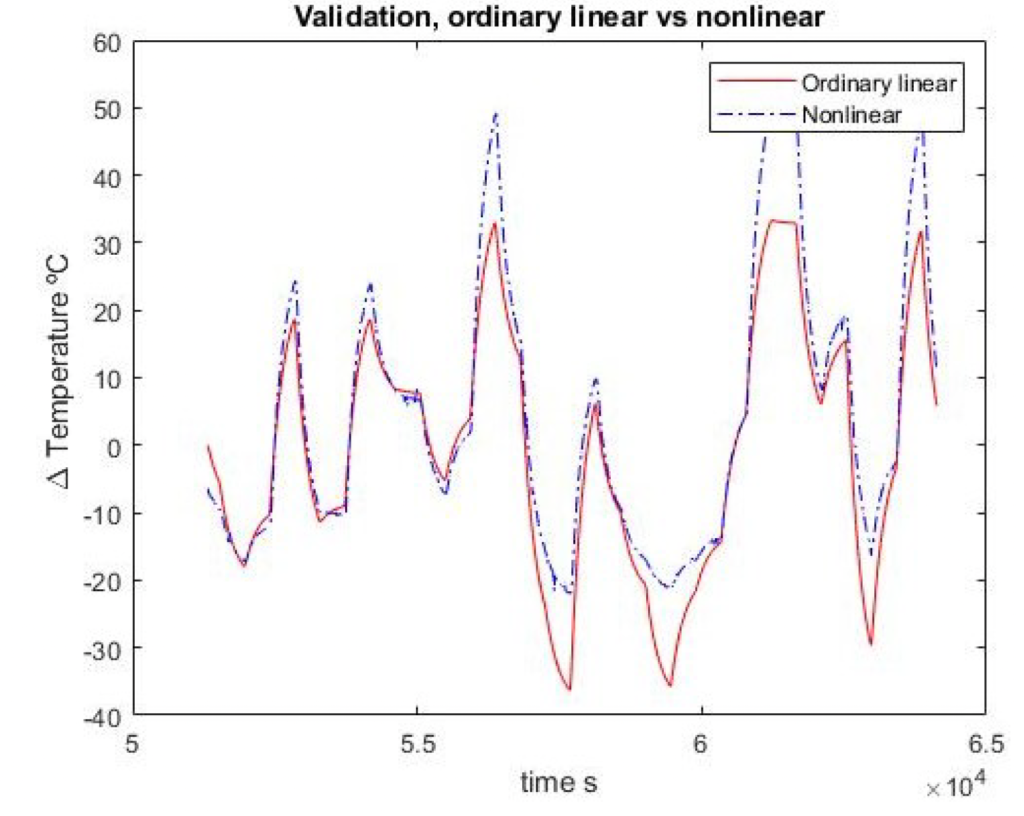The concept of a fractional derivative is not at all intuitive, starting with not having a clear geometrical interpretation. Many different definitions have appeared, to the point that the need for order has arisen in the field. The diversity of potential applications is even more overwhelming.
When modeling a problem, one must think carefully about what the introduction of fractional derivatives in the model can provide that was not already adequately covered by classical model with integer derivatives. In this joint work with Jonathan Franceschi and Enric Picó-Marco, we present some examples from control theory where we insist on the importance of the non-local character of fractional operators and their suitability for modeling non-local phenomena either in space (action at a distance) or time (memory effects). In contrast, when we encounter completely different nonlinear phenomena, the introduction of fractional derivatives does not provide better results or further insight. Of course, both phenomena can coexist and interact, as in the case of hysteresis, and then we would be dealing with fractional nonlinear models.
This work has been dedicated to Prof. Carlos Lizama on the occasion of his 60th birthday.
You can have access to the manuscript here https://www.mdpi.com/2227-7390/10/15/2719/htm and in PDF here https://www.mdpi.com/2227-7390/10/15/2719/pdf

